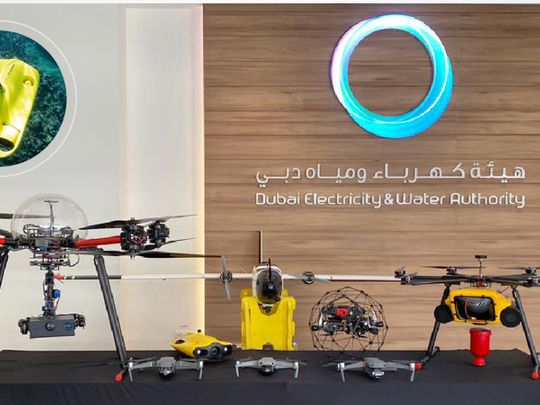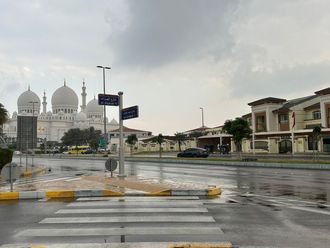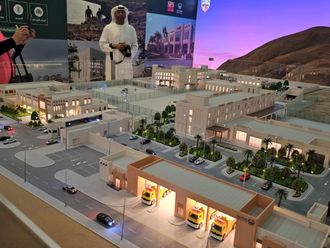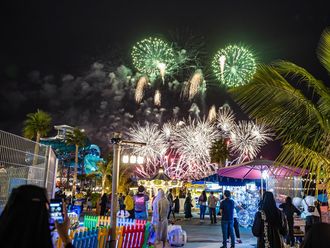
Dubai: In Dubai, drones are being used to support the delivery of water and electricity services at the highest levels of quality, availability, reliability and efficiency standards.
Dubai Electricity and Water Authority (Dewa) revealed today that its Generation Division completed more than 90 flights using robots to support the delivery of water and electricity services in 2021.
Dewa said it had developed its use of drone technology by utilising state-of-the-art upgradable technologies such as high-definition cameras that are equipped with night-vision and laser technologies, GPS sensors that can measure pressure, height, magnetic fields and use ultrasound scanning.
Sirb drone initiative
Dewa harnesses the drone technology within the Sirb initiative, which includes using advanced drones to support Dubai’s growing infrastructure. Dewa has several types of drones such as multi-rotor hydro, fixed-wing, multi-rotor and underwater Remote Operated Vehicles (ROV)s.
The authority has also revealed how drones are used for water quality checks.
In water desalination, ROVs are used for underwater inspection of water intake infrastructure. Drones are also used for boiler inspection during annual overhauls and also in videography and site inspections.
Water quality checks
Dewa provides desalinated water according to the highest international standards of safety and quality as well as the World Health Organisation (WHO) standards of production, transmission and distribution of drinking water.
Dewa said it ensures drinking water quality through round-the-clock monitoring. Samples of seawater entering the power and desalination plants are collected to ensure a sufficient level of free residual chlorine to maintain the disinfection process for protecting the equipment.
Ensuring drinking water quality
Dewa has installed instruments for continuous monitoring of seawater parameters such as pH, temperature, salinity, and dissolved oxygen. The authority also has regular schedules to collect water samples at different stages of the desalination process to ensure drinking water quality.
Dewa analyses the seawater inlet and brine discharge samples from the power generation and desalination process to study its physical, chemical and microbiological parameters to ensure compliance with the UAE regulations.
490 MIGD of desalinated water
Currently, there are 43 Multi-Stage Flash (MSF) water desalination units with Dewa with a total production capacity of 427 million imperial gallons of desalinated water per day (MIGD) at the D, E, G, K, L, and M Stations. It also has two SWRO plants with a production capacity of 63 MIGD. Dewa’s total production capacity of desalinated water is 490 MIGD at the Jebel Ali Power Plant and Desalination Complex.
Decoupling water desalination from electricity generation
Dewa said it aims to increase its SWRO production capacity to 303 MIGD by 2030, reaching 42 per cent from its current share of 13 per cent. The desalinated water production capacity will reach 730 MIGD by 2030. The increased production capacity of decoupling water desalination from electricity generation will save nearly Dh13 billion by 2030 and reduce 44 million tonnes of carbon emissions.
The authority said it continues to develop a world-class infrastructure supported by assets exceeding Dh200 billion owned by Dewa and its subsidiaries as well as further investment of Dh40 billion over five years in the energy and water sectors. This helps Dewa enhance its production capacity to meet the growing demand for electricity and water.










